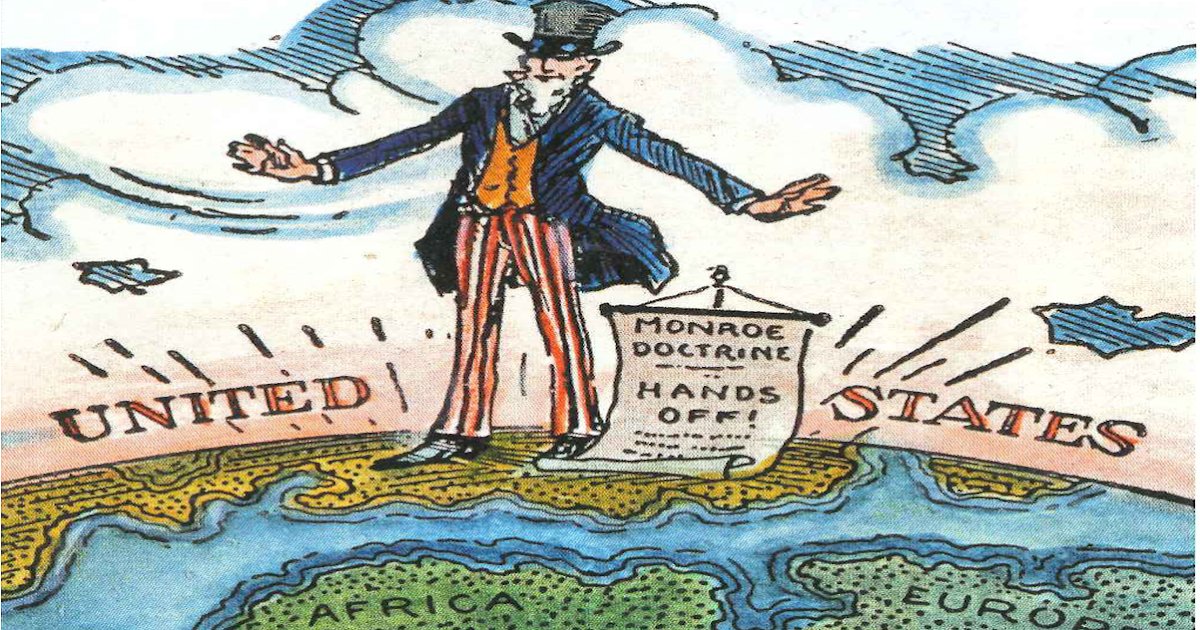1/10 It was sad enough to see veteran left-wing journo Chris Trotter endorse Putin's invasion of Ukraine at The Daily Blog. But now John Minto, a legend of the activist left & the face of the protests against the '81 Springbok Tour, appears to have followed suit on the same site. 

2/10 Minto says that Biden & the US, & not Putin, are to fault for the invasion of Ukraine. He accuses the US of seeing to encircle & blockade Russia. Minto refers back to the US reaction to the attempted stationing of Soviet missiles on Cuba in the '60s. 

3/10 But I think Minto draws the wrong lesson from the Cuban missile crisis. The US saw the deployment of missiles to Cuba as wrong because it was a violation of the so-called 'Monroe doctrine', which said that the US had the right to control the states in its 'backyard'. 

4/10 The Monroe doctrine led to obscenities like the coups that got rid of elected left-wing governments in Guatemala & Chile in '54 & '73. The Monroe Doctrine was wrong. So is the 'Putin doctrine', which says Russia must control its neighbouring states.
5/10 Minto criticises the expansion of NATO into Eastern Europe. I share his antipathy towards US foreign policy. But peoples of Eastern Europe democratically decided they wished to join NATO. After the nightmares they suffered under Stalin & his successors, is that any surprise? 

6/10 Like Chris Trotter, who insists Ukraine & Russia are indivisible, Minto ignores the agency of the ordinary people of states on Russia's frontiers. Minto's article ends with a lame appeal to help strengthen the UN. The old Minto would have had something very different to say. 

7/10 Ukrainians have united to fight an anti-fascist war. Protests in Russia have supported them. Volunteers from around the world are creating a new version of the International Brigades that defended Spain from fascism in the '30s. 

8/10 Even in faraway NZ, the Ukrainian community & its supporters are mobilising to get money to the forces on the frontline. In the last 24 hours I've been making contacts with a group working hard to supply helmets & bullet proof vests to defenders of Kyiv. Money's flowing. 

9/10 John Minto made himself a hero when he was beaten & bullied for his fight against apartheid South Africa. Now, tho, he's making excuses for Putin, whose regime in many ways resembles that of apartheid South Africa. 

10/10 Here's a link to Minto's article: thedailyblog.co.nz/2022/02/25/hyp… Like Trotter's piece, it is in many ways a tragic document. What went wrong with these men?
• • •
Missing some Tweet in this thread? You can try to
force a refresh























